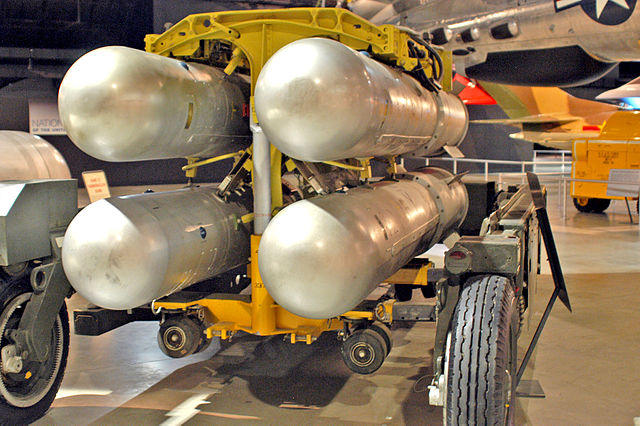Before our eyes, the confidence in institutions which should uphold the rule of international law is falling apart.
Craig Murray has read the report that closes down the investigation of British war crimes in Iraq. He calls the International Criminal Court (ICC) “simply indefensible” and comes to the conclusion:
Unfortunately, the decision of the ICC to close down its investigation into War Crimes committed by the British in Iraq is the last straw for me in continuing to harbour any hope that the ICC will ever be anything more than an instrument of victors’ justice.
One of the many comments on his blog says:
A whitewash is worse than no wash at all. The ICC is diplomatically lying through its teeth, which undermines any credibility it might try to claim in the future. It has demonstrated itself to be fraudulent. It would have been far better for its credibility to release a simple statement saying “Under threat, physical or otherwise, the ICC has decided not to pursue investigation of the UK’s failed war crimes prosecutions. We refer you to the MoD and the British Prime Minister’s office.”
